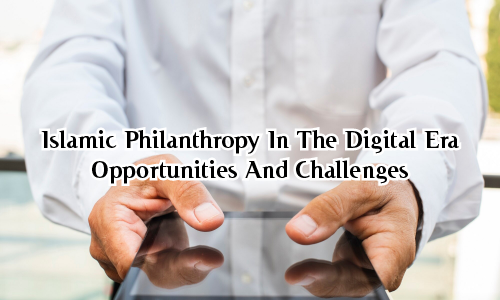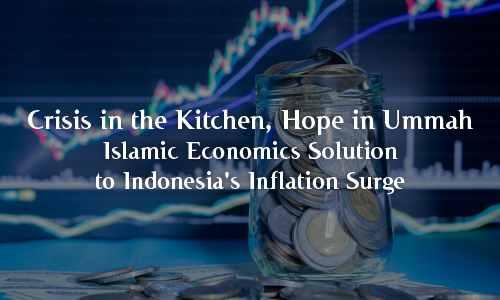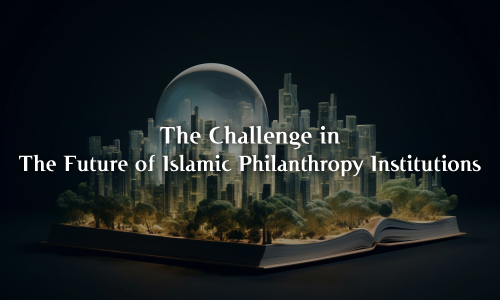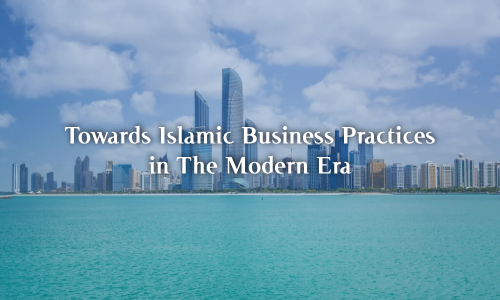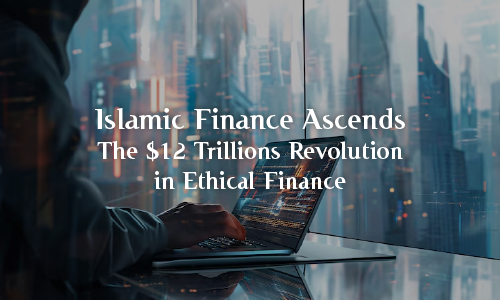
Summary: Islamic finance, once considered a niche segment, is now poised to become a dominant force in the global financial landscape, with assets projected to soar from $2.2 trillion in 2023 to an estimated $12.5 trillion by 2033. This surge represents a compound annual growth rate (CAGR) of 18.4% and is driven by a confluence of demographic shifts, increasing demand for ethical finance, and strategic government initiatives in key regions. Saudi Arabia, Malaysia, Indonesia, and Pakistan are emerging as pivotal players, each contributing to the sector's growth through policy support, institutional consolidation, and fintech integration. The expansion is not without challenges; regulatory fragmentation and low financial literacy in several Muslim-majority countries could impede progress. Nonetheless, the rapid adoption of digital platforms and innovative Shariah-compliant products offers substantial potential to deepen market penetration and foster financial inclusion. This article explores the drivers, regional dynamics, and emerging trends shaping the future of Islamic finance in a rapidly evolving global economy.
Introduction
Islamic finance – the provision of financial services in compliance with Shariah (Islamic law) – has evolved from a niche segment into a significant component of the global financial system. In recent years, this sector has been witnessing remarkable expansion, attracting attention from investors, policymakers, and consumers worldwide. The growth is not only evident in sheer numbers, but also in its expanding geographic footprint and increasing diversity of products. From Islamic banking and sukuk (Islamic bonds) to takaful (Islamic insurance) and halal investments, the industry now spans more than 80 countries and serves both Muslim and non-Muslim clients seeking ethical financial solutions.
A striking indicator of this trajectory is the projected leap in global Islamic finance assets from around USD 2.2 trillion in 2023 to an estimated USD 12.5 trillion by 2033, implying an exceptionally high compound annual growth rate (CAGR) of approximately 18.4% over the decade. Such a rapid growth outlook far outpaces the expansion rates of many conventional finance sectors and underscores the robust demand for Shariah-compliant…














